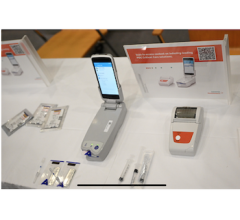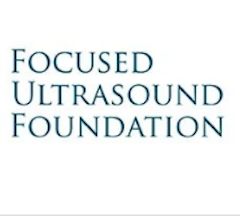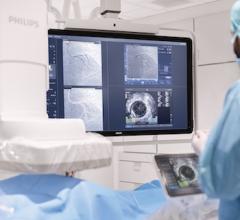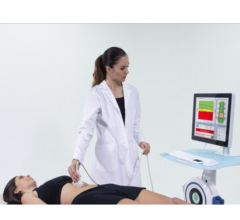July 3, 2012 — While rare, when sudden cardiac death occurs in a seemingly healthy competitive young athlete, the societal loss is high. At a time when the world is battling obesity in epidemic proportions, fear should not affect how parents view athletic participation. A recent study, to be presented at the American Society of Echocardiography (ASE) 23rd Annual Scientific Sessions, June 27 to July 3, 2012, at the Gaylord National in National Harbor, Md., suggests an abbreviated echocardiographic profile may potentially help identify young athletes at risk for sudden cardiac death and to help athletes, their physicians and families make better decisions about full participation in athletic activities. A poster based on the study was displayed July 1.
“The primary causes of sudden cardiac death are anatomic anomalies, and abnormalities of the muscular and electrical systems. Present athletic screening involves the taking of a thorough personal and family history, physical examination, and, if indicated, further cardiac testing. While ideal, the addition of EKG and echocardiography to every screening examination is extremely time-consuming and is currently cost-prohibitive. In our study, we designed a protocol which allows a less costly, abbreviated echocardiogram as well as EKG in a mass screening scenario. The goal is to provide more a more complete data set which is cost-effective to care providers, who may then better counsel athletes and their families on full participation in sports. While the cost-effectiveness and impact on the rate reduction of sudden cardiac death are not yet known, the impact on quality of life in reassurance of cardiac health during exercise is priceless,” said Michelle A. Grenier, lead investigator on the study. Robert Hinton, Timothy J. Knilans, John L. Jefferies, Wayne Mays, Nicholas Edwards, Jeffrey Towbin, Richard Czosek, and Jeffery Anderson, all of Cincinnati Children’s Hospital Medical Center in Cincinnati, Ohio, were also part of the research team.
The study found that the number of patients with clinically silent aortopathy and myocardial abnormalities appears disproportionately high in these active athletic adolescents. The abbreviated echo format allows for rapid screening of athletes as part of a general sports screening. The impact of early identification and intervention strategies, as well as screening of at risk, first-degree relatives, is not known, but suggests the utility of echo in detecting aortic and myocardial pathology. The risk of these abnormalities having gone undetected is not known.


 February 05, 2026
February 05, 2026 









